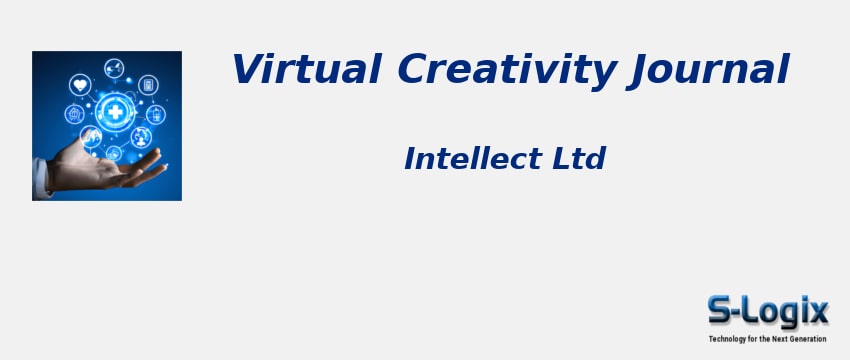Journal Home: Journal Homepage
Editor-in-Chief: Julie Studwick
Print ISSN: 23979712
Electronic ISSN:
Abstracting and Indexing: Scopus
Imapct Factor :
Subject Area and Category: Arts and Humanities, Arts and Humanities (miscellaneous), Computer Science, Computational Theory and Mathematics, Computer Graphics and Computer-Aided Design, Human-Computer Interaction
Publication Frequency:
H Index: 7
Q1:
Q2:
Q3: Arts and Humanities (miscellaneous)
Q4:
Cite Score: 1.0
SNIP: 0.099
Journal Rank(SJR): 0.117
Latest Articles: Latest Articles in Virtual Creativity
Guidelines for Authors: Virtual Creativity Author Guidelines
Paper Submissions: Paper Submissions in Virtual Creativity
Publisher: Intellect Ltd.
Country: United Kingdom
